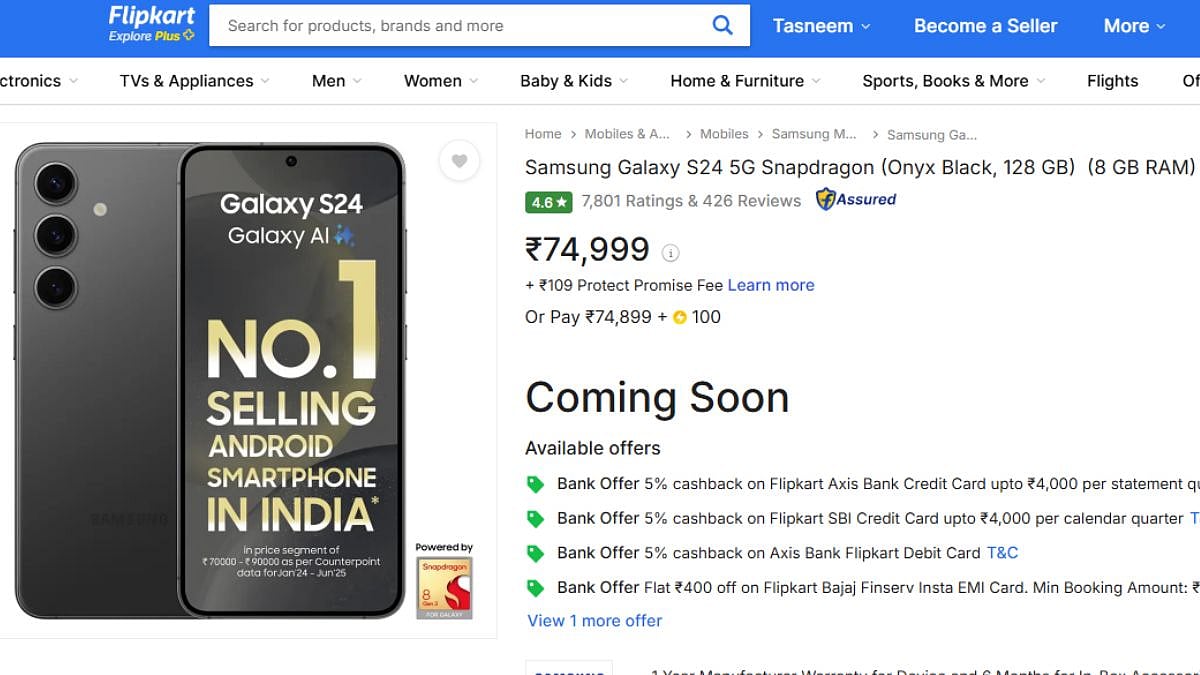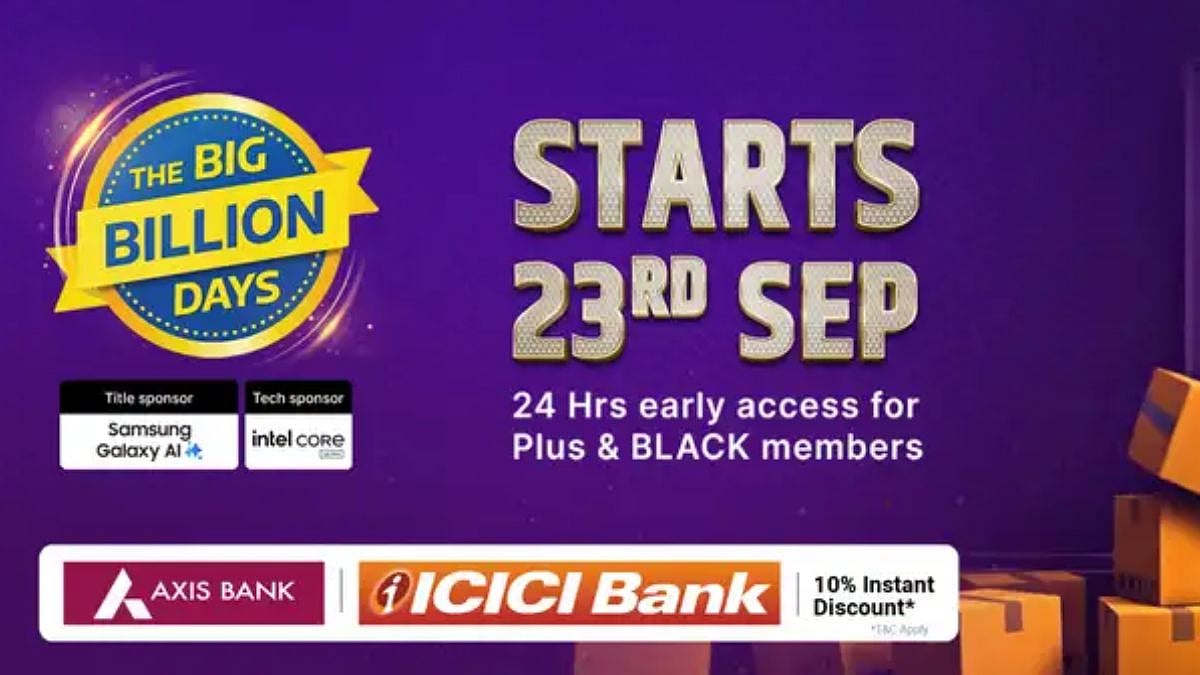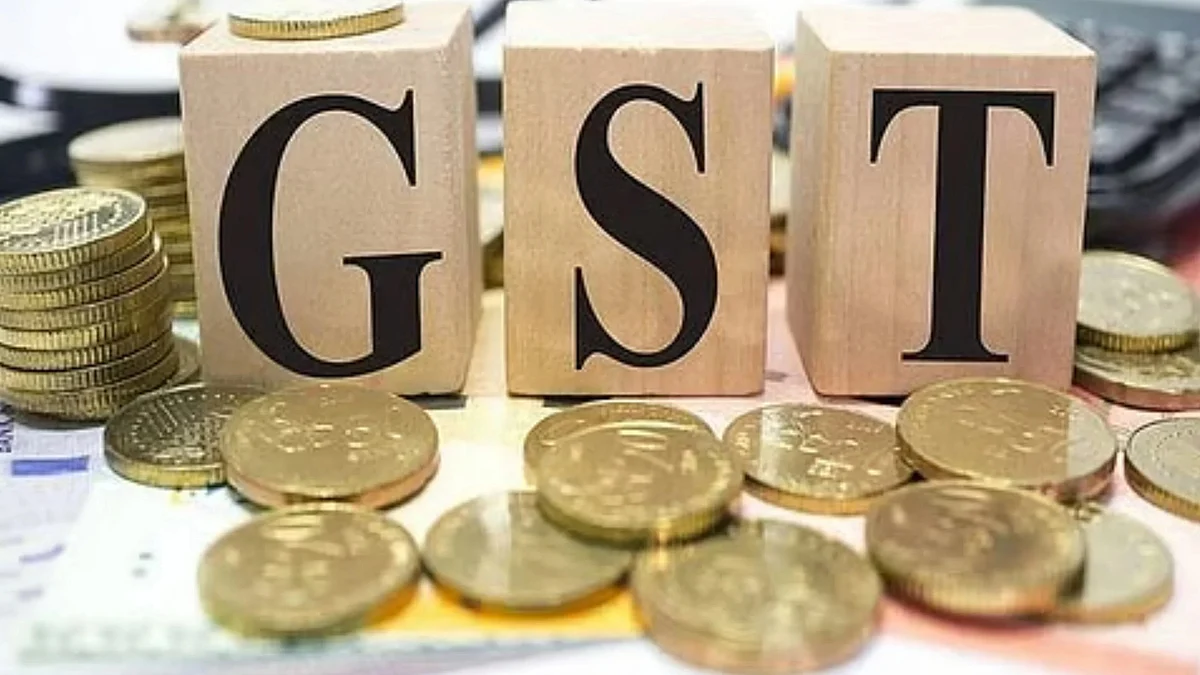Food delivery giants Zomato and Swiggy are grappling with a new annual tax burden of Rs. 180-200 crore each following a recent GST Council clarification. The ruling mandates that online marketplaces must pay an 18 percent Goods and Services Tax (GST) on delivery fees collected on behalf of gig workers, who were previously exempt from GST compliance. Both companies are planning to offset this financial hit by passing the costs onto delivery partners and customers, potentially impacting earnings and raising delivery charges.
The GST Council's decision brings local delivery services under Section 9(5) of the Central GST Act, making platforms like Zomato and Swiggy liable for collecting and remitting an 18 percent GST on delivery fees. This resolves a long-standing dispute over whether aggregators should pay taxes on fees passed to gig workers. Previously, platforms argued these fees were not part of their revenue, but the government has now clarified that delivery is a taxable service, with the tax obligation resting on the platforms.
How will Zomato, Swiggy offset this financial burden?
According to ET Prime, executives from both companies have indicated that the additional tax burden will likely be shared between delivery partners and consumers. A senior Zomato executive, speaking anonymously, reportedly noted that delivery workers may face reduced earnings in the short term, while a consumer levy is under consideration. A Swiggy executive confirmed similar plans to transfer the tax cost, which could lead to higher delivery charges for customers. Industry experts warn that this move may squeeze platform margins and strain working capital, particularly as delivery is a core service for food aggregators, unlike e-commerce or quick commerce platforms where delivery is ancillary.











